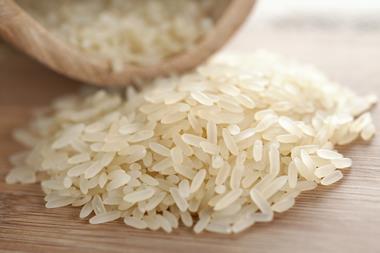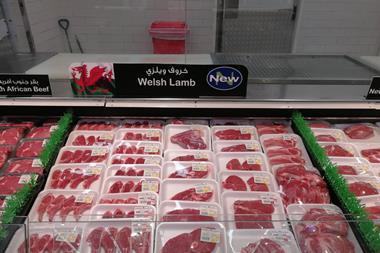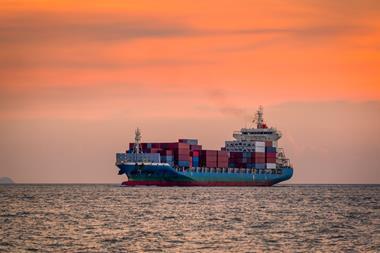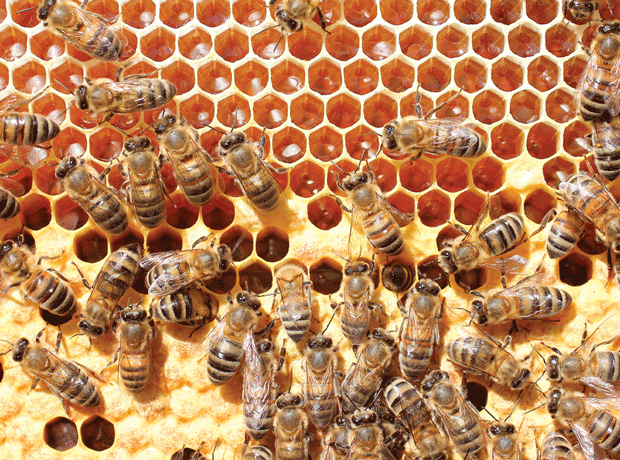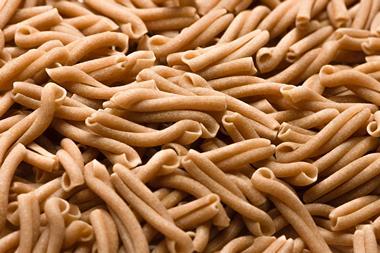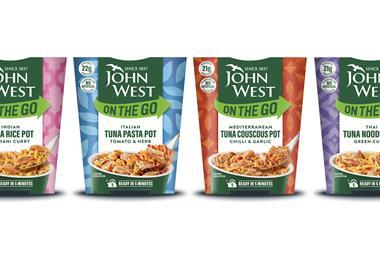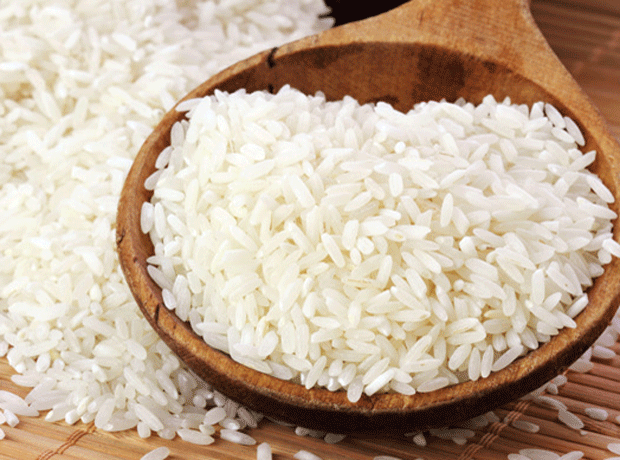
World rice supplies look set to follow the tightness seen in other grain and cereal markets as the world’s top three rice exporters weigh up limits and price rises.
Reuters reported this week that traders in India, the world’s biggest rice exporter, were stepping up orders for future deliveries due to concerns the government was set to restrict overseas sales, as it did recently with wheat and sugar.
The spike in buying on the subcontinent followed a suggestion last week by the prime minister of Thailand – the world’s second-biggest supplier – that his nation could collaborate on hiking rice prices with Vietnam (usually the third-ranked exporter), in a move that if agreed would see the two neighbours setting up a de facto exports cartel.
Global rice commodity prices climbed in May for the fifth month in a row, going by the Food and Agriculture Organization (FAO) of the United Nations’ latest price index, which was published late last week and showed a 3.5% increase since April.
Recent reporting by The Grocer suggested the UK’s rice importers and retailers had in recent weeks been feeling the effects, as supply and prices started to track the tightening and price surges seen in other grains.
Some of the supply concerns arose out of increased domestic demand for rice in Asia’s populous rice exporting countries, as concerns grew about supplies of wheat in particular.
According to Paul Teng, senior fellow at Nanyang Technological University in Singapore, most Asian governments regard making sure there is enough affordable rice on the domestic market as “not only a food security issue but also a national security issue”.
Teng added that rice prices were likely to keep climbing into next year as the animal feed industry increasingly looked to the grain to replace wheat and corn, particularly in China – the world’s biggest feed market.
Alex Waugh, CEO of UK Flour Millers, said recent moves by India were unsurprising, as authorities there had “in the past made clear that domestic availability and pricing of critical foodstuffs such as wheat and rice are the main drivers of its policy”.
A spokeswoman for Riso Gallo, one of the UK’s top 10 rice brands, said last month the sector had been hit by the same rising costs affecting most food commodities, listing “freight, electricity and gas prices, packaging material and even pallet costs”.
The price is rice: rice, pulses & noodles category report 2022
The recent rise in global rice prices suggests there is growing global demand, caused in part by shrinking supplies of other grains in the wake of the invasion of Ukraine, sometimes referred to as ‘Europe’s breadbasket’, by Russia, the world’s biggest wheat exporter.
“Ukraine and Russia, both or individually, rank among the top three global exporters of wheat, maize, rapeseed, sunflower seeds, and sunflower oil,” S&P Global Ratings said, predicting a food price “shock” lasting until 2024.
That grim outlook was followed this week by the FAO and the World Food Program, another UN agency, saying the war “exacerbated the already steadily rising food and energy prices worldwide” and warning of a ”food crisis” that could “threaten stability in dozens of countries”.
Wheat prices had started to stabilise in recent weeks, albeit at close to the high reported in March after the start of Russia’s military onslaught on its neighbour.
Markets reacted positively last week after Russia offered to discuss ending its blockade of Ukraine’s Black Sea ports in return for an easing of sanctions imposed by the UK, US and EU in retaliation for its invasion.
On Monday, AHDB said UK wheat prices had, as usual, tracked global equivalents, with feed futures falling £26.75 by Wednesday from the previous Friday’s £314.76.
But at the same time, immediate-term supply concerns have persisted, not only due to India last month banning most wheat exports but by the prospect of reduced harvests in Australia and the US.
AHDB assessed that “volatility” looked set to continue “as the UN work[s] to reopen the Ukrainian grain export corridor”, while Warren Patterson, economist at Dutch bank ING, on Tuesday said it appeared wheat traders were “not overly confident” exports from Ukrainian ports would resume anytime soon.







